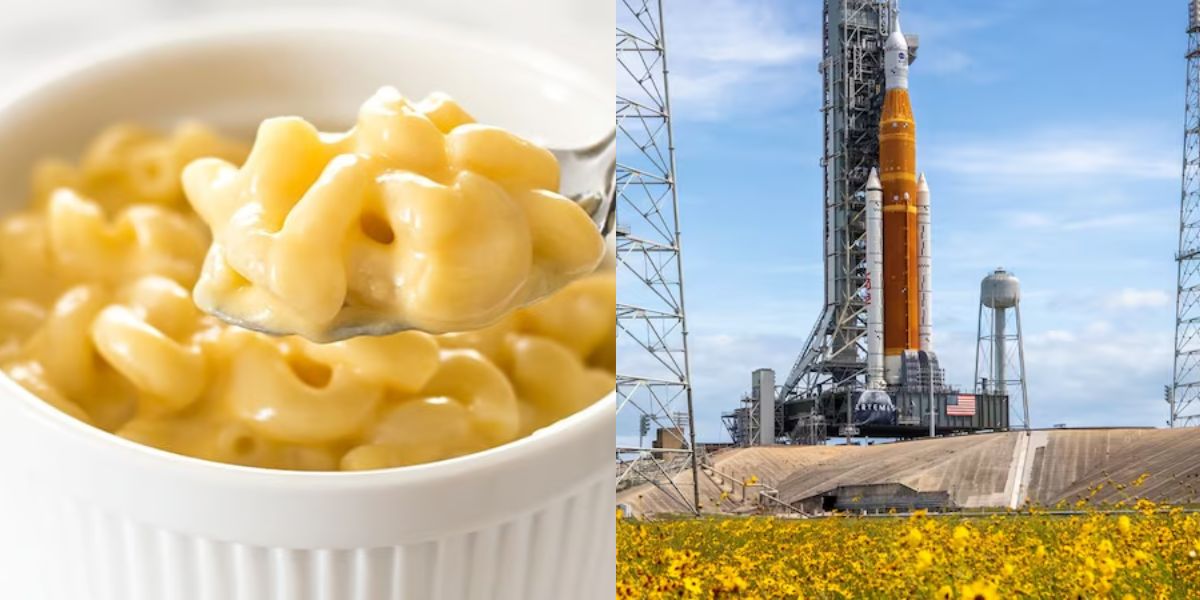Perchlorate, a chemical that is not widely known, has found its way into both the skies and our meals, causing concern.
James Rodgers, the Director of Food and Public Safety at Consumer Reports, warns that the chemical can easily contaminate the foods that you and your children enjoy.
“Perchlorate can enter our food system through contaminated water used in crop irrigation [and] plastics used in food storage,” he said.
This issue has long been recognized by scientists, as perchlorate has been found to contaminate water and food for a significant period of time. The Environmental Protection Agency has been directed by a court order to propose limits for perchlorate by November 2025.
Consumer Reports’ testing revealed the presence of perchlorate in a majority of the samples they collected. The highest concentrations were found in baby and kids food, fast food, and fresh produce. Testing also discovered it in packaged mac and cheese as well as healthier alternatives such as cucumbers and baby carrots.
Although no single serving exceeded safety limits, consuming multiple servings throughout the day could potentially result in elevated levels, particularly in children.
“We’re concerned because perchlorate can disrupt thyroid function, potentially affecting metabolism in adults and brain development in fetuses and young children,” Rodgers said.
Consumer Reports contacted multiple food companies, but none of them provided any comments regarding their awareness of and efforts to minimize the issue in their products.
According to Rogers, it is advisable to remain calm and avoid unnecessary panic.
“The best approach is to feed children a varied diet of healthy foods to minimize potential risks from any single source,” he said.
According to Consumer Reports, ensuring sufficient iodine intake can help counteract the effects of perchlorate. Include whole-wheat bread, seafood, dairy products, and eggs in your diet to meet your daily iodine needs, without the added sodium found in iodized salt.




